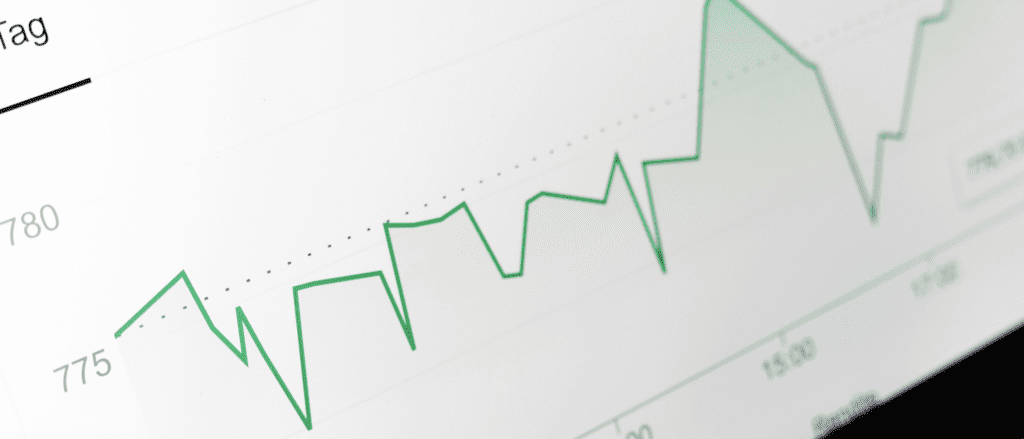Markets make uncomfortable news at the moment. Certainty is low, and volatility is high. And there are likely several chapters in the US tariffs story to follow. What should investors do based on their current holdings? And how can we navigate a course from here?
Read on to understand what’s happened so far, what could happen next, and how you should respond.
What’s been driving stock market moves?
Several factors are at play in the recent selloff in equity markets:
1. From mid-February, we’ve seen markets start to doubt what many, including us, thought would be an overall benign environment for growth under a business-friendly Trump presidency, albeit with a need to be actively diversified.
2. The introduction of high US tariffs on imports on 2 April prompted a rapid sell-off in stock markets around the world.
3. The lack of certainty around the impact on the global economy means investors are struggling to take a clear view on companies’ prospects. Many are sitting this out, some are actively selling, and few are willing to step in and make a judgement call.
4. As investors have sold riskier equities, other assets such as gold and some bonds have risen in value.
As a Moneycube investor, your money is in an investment fund (or several) which is highly diversified, and holds a wide range of assets in line with your risk-reward appetite and investment timescale.
Are US tariffs here to stay?
Perhaps not. But there is some logic to them. They are part of a plan to achieve some of the Trump team’s stated economic agenda: to lower oil prices, lower the cost of US debt, and reduce the value of the dollar versus other currencies.
This has come at the cost of a significantly lower stock market, with potential recession on the horizon.
How have markets reacted so far?
Markets have risen and fallen sharply over recent weeks as they struggled to price in risks around tariffs, their abrupt 90-day deferral and the continuing US-China poker game.
In Euro terms, world equity markets finished up +1.3% last week for example. But the difference between the week’s high and the week’s low on the major US index, the S&P 500, was 13%.
Our view remains that the volatility and uncertainty unleashed has diminished short-term growth prospects. And while the 90-day delay in US tariffs has offered some relief, those days will roll by quickly. We expect volatility in markets will continue for some months to come.
We see bonds and currency exposure as presenting higher than usual levels of risk as evidenced already last week. Gold has continued to perform in this environment.
What happens next?
The direction of the global economy remains unclear. The level of uncertainty will impact company decisions, for example over investment in new facilities or hiring new staff. The effect on companies will become clearer as they release Q1 results in early May. Some companies seem to be withdrawing guidance on future prospects, introducing more uncertainty. Uncertain prospects and higher prices will also tighten consumer spending.
Overall, global growth will be reduced in the short term. But respected bodies such as the International Monetary Fund have said that they do not envisage this giving rise to a recession.
As the tariffs announced come into place in the US, we expect further retaliation from trading partners such as the China and the EU – in particular against US services and technology companies.
Some level of sector-specific measures have yet to be announced – for example in the pharmaceutical sector. However the withdrawal or easing of tariffs won’t be enough to restore the situation before 2 April.
The prospect of further interest rates cuts is also in jeopardy. Tariffs and trade wars are likely to mean higher inflation, meaning higher interest rates are needed.
But if we see recession and increased unemployment, then pressure for rate cuts will to stimulate the economy will grow. Positively, there is meaningful scope for central banks to cut rates from current levels if needed – as happened in the Eurozone today.










